On July 17, 2025, the themed event (PayFi Compliance Insights: Technological Innovation and Legal Regulation) co-hosted by BlockbeatHK, the London Stock Exchange Group (LSEG), and Mankun Law Firm was successfully held at Shuhua Space in Xuhui, Shanghai.
This event focused on on-chain payments and the construction of compliance systems, presenting an intellectual feast on the evolution of technology and regulatory synergy through in-depth discussions from multiple perspectives. It not only directly addressed the current key pain points in the PayFi ecosystem but also provided clear thinking and beneficial insights for future development paths.
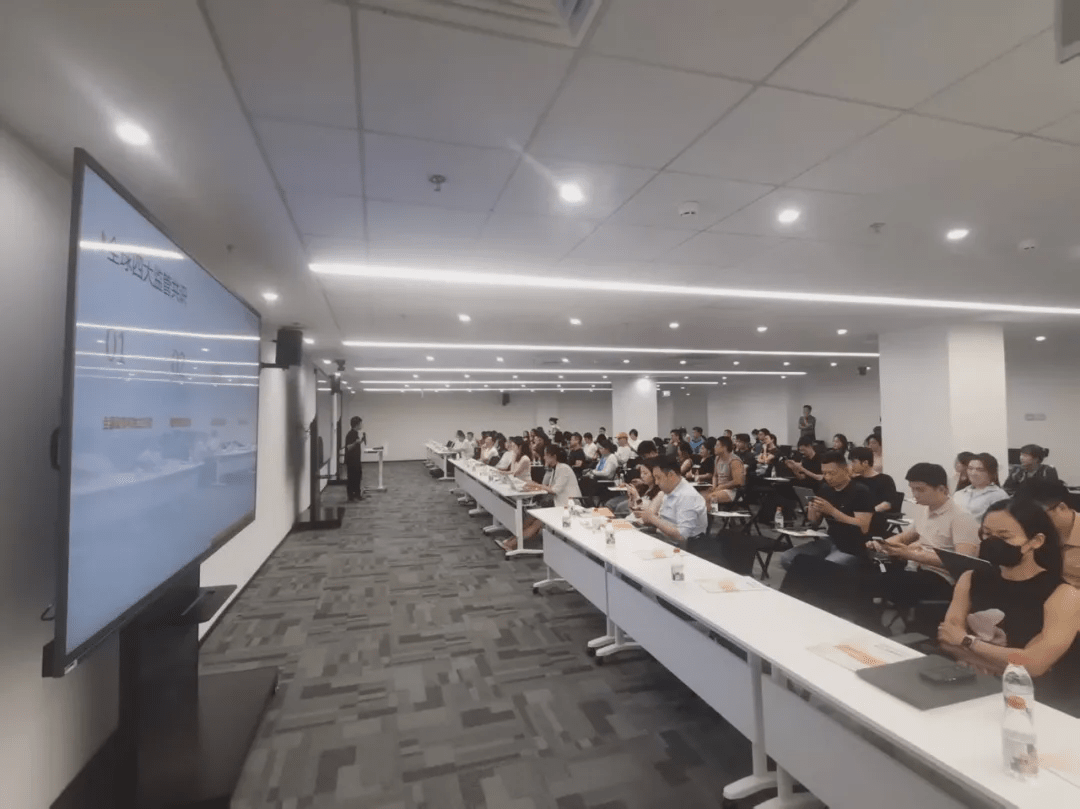
The event venue was packed, with a lively atmosphere, fully demonstrating the industry's high attention to this topic. Many heavyweight guests gathered to engage in in-depth exchanges around the core issues of PayFi compliance and technological innovation, with viewpoints clashing and ideas colliding, showcasing the forefront wisdom and practical insights of the industry.
Sharing Review
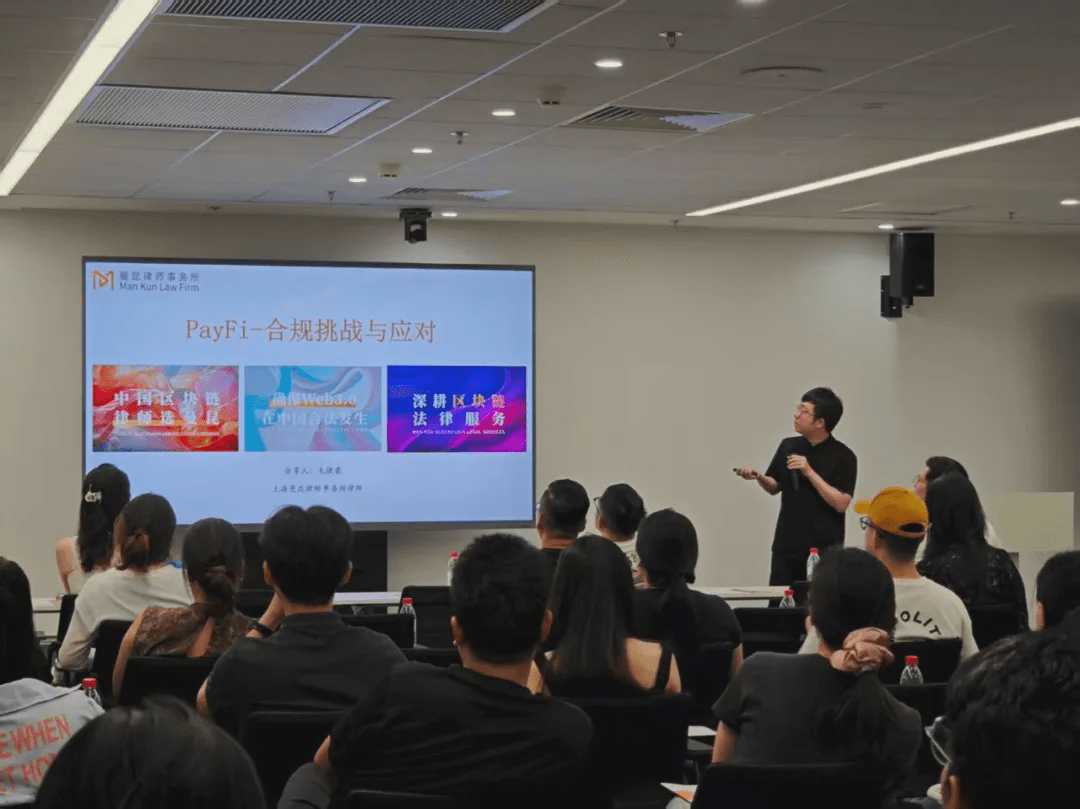
Senior Lawyer at Mankun Law Firm - Mao Jiehao
Lawyer Mao first introduced the concept of PayFi, then focused on the regulatory dynamics of stablecoins, mentioning the U.S. GENIUS Act, Hong Kong's passage of the (Stablecoin Regulation Draft), and compared the regulatory differences in stablecoins and related areas among the EU, Singapore, Japan, and other regions, summarizing four global regulatory consensus points: full reserve and independent custody, and redemption requirements at any time.
At the same time, the market performance of stablecoins was shared, and the segmented track of crypto payments was elaborated on in detail, emphasizing that obtaining a license is just the starting point of compliance. Attention should also be paid to the eight key points of anti-money laundering, sanctions compliance, etc., providing participants with a comprehensive and clear understanding of the compliance challenges and responses in the PayFi field.
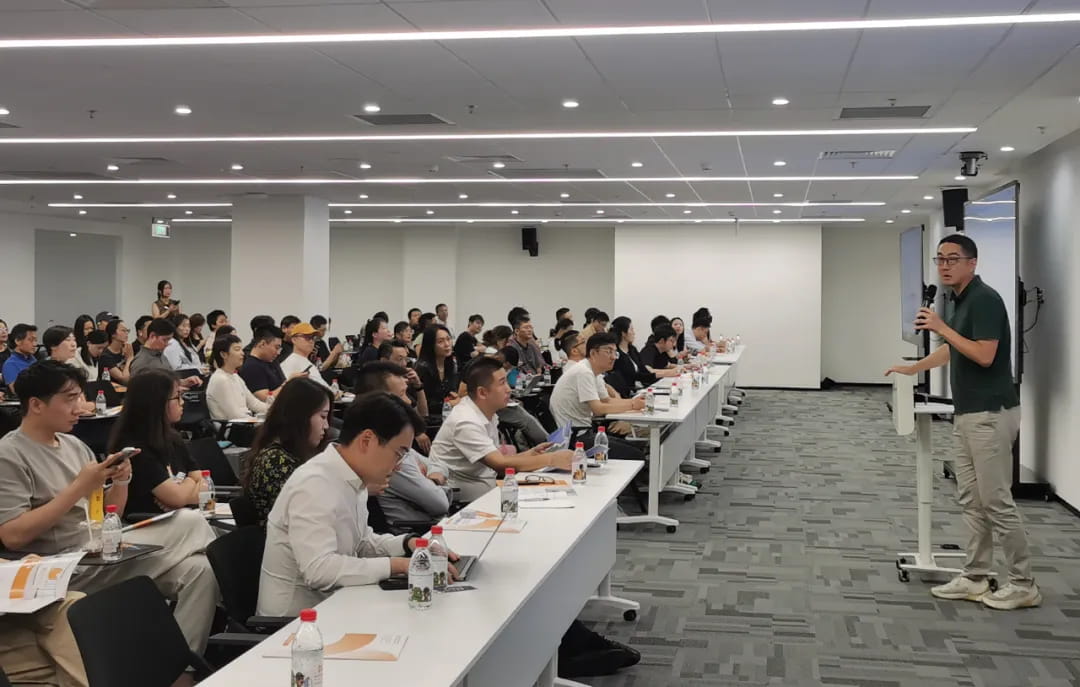
Eddy Tao, Consulting Partner at BlockbeatHK
Teacher Eddy Tao presented on (Envisioning the Development of PayFi), boldly forecasting the future form of the PayFi ecosystem—an internet of value protocol that is highly interconnected, intermediary-free, and enables real-time settlement. In his view, this form will profoundly transform global financial infrastructure, making value circulation more efficient and inclusive, opening up a space for attendees to imagine the long-term development of PayFi. Teacher Eddy Tao pointed out that PayFi is a vehicle for financial inclusivity, allowing groups outside the traditional system to access equal service opportunities. This deep outlook prompted attendees to re-evaluate the long-term value of PayFi.
Finally, Teacher Eddy Tao introduced SPARK Pay, developed by BlockbeatHK, as a Web 3.0 business payment solution that combines the attributes of a payment tool and a digital wallet, making merchants' business processes safer and more efficient while greatly enhancing the user experience of enjoying Web 3.0 products and services.
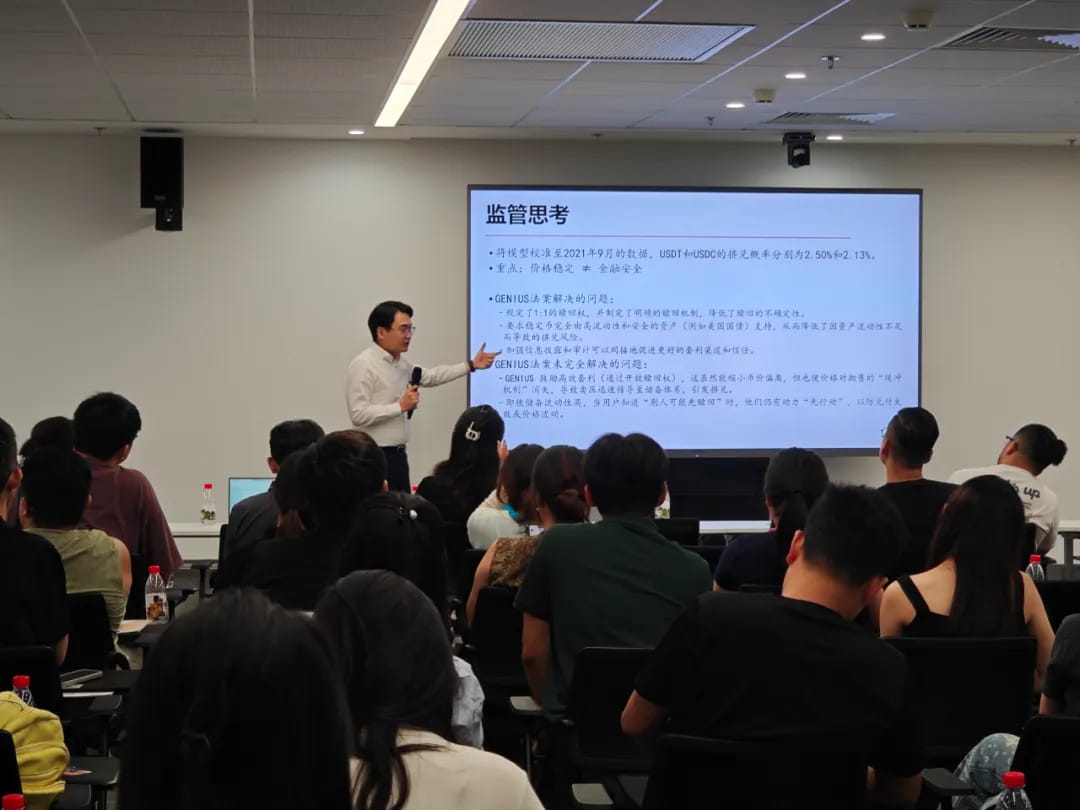
Professor Zhu Haikun from China Europe International Business School
Professor Zhu shared the topic (Stablecoins and Financial Markets) from both academic and market perspectives, deconstructing the core logic of stablecoins for everyone. He detailed the classification of stablecoins, including fiat stablecoins represented by USDT and USDC, and showcased the astonishing growth of the stablecoin market through data.
Professor Zhu deeply analyzed the regulatory paradox of 'price stability' versus 'financial stability' of stablecoins and proposed the viewpoint that 'the more stable a stablecoin is, the more likely it is to trigger a bank run.' He emphasized that 'price stability does not equal financial security.' He discussed the pros and cons of regulatory policies such as the GENIUS Act, providing academic reflections for the improvement of the regulatory framework.
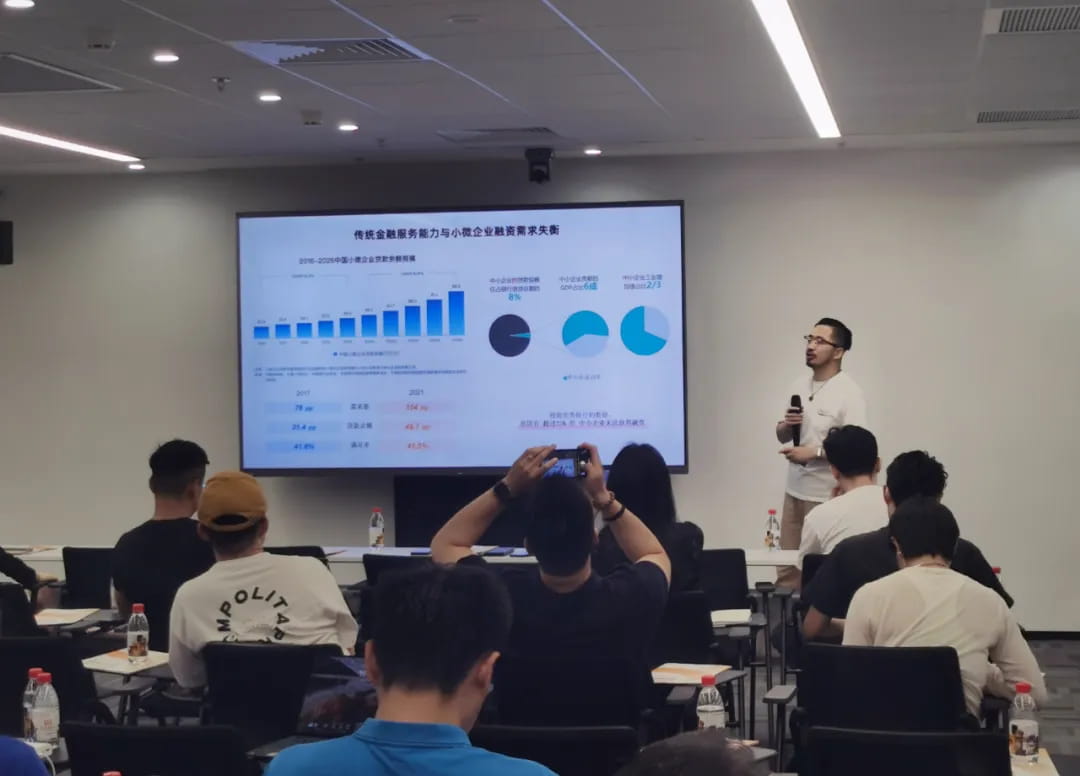
Director of Innovative Business, Zhejiang Shuqin Technology Co., Ltd. - Chen Hongtao
Director Chen deeply analyzed the practical value of RWA in solving real financial pain points. He stated that there is a significant speculative hollowing problem in the current 'crypto circle', with large amounts of funds flowing disorderly in virtual concepts; many small and medium-sized enterprises in the traditional financial service system face funding difficulties. RWA, as a key bridge connecting real assets and blockchain technology, breaks down information barriers, making the confirmation of ownership and transaction splitting of physical assets such as real estate more efficient, thereby activating asset liquidity.
Director Chen emphasized that the predictions in the relevant Boston research reports are highly significant. They not only highlight the broad prospects of the RWA track but also underscore the immense potential when RWA is deeply integrated with PayFi (Payment Finance) in enhancing payment efficiency and expanding financial service boundaries, providing new possibilities for reshaping the financial ecosystem.
Guest AMA Session
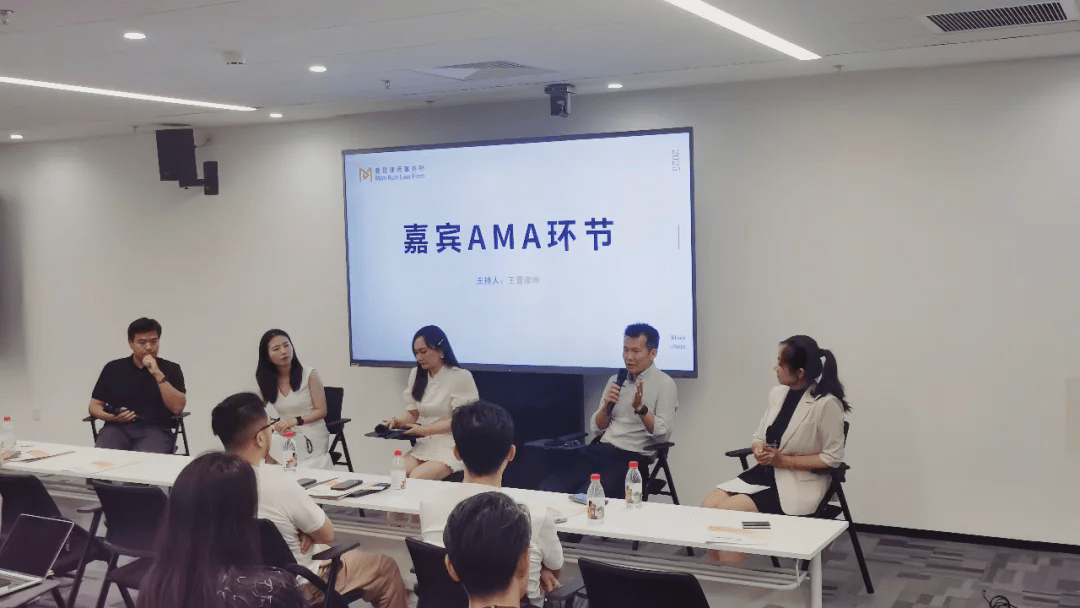
This roundtable AMA session invited four heavyweight guests to participate in the discussion, namely:
Yue Yue | Risk and Compliance Business Sales Consultant, London Stock Exchange Group
Vivian | Market Partner, BlockbeatHK
James Xia | Managing Director of ALLOYX, Head of Stablecoin Payment Systems Operations
Hao Xin | Chief Compliance Officer of a well-known cross-border payment company
During this roundtable AMA, Yue Yue, a risk compliance consultant from the London Stock Exchange Group, discussed the implications for mainland and overseas payment companies following the implementation of Hong Kong's OTC license, emphasizing that payment companies need to pay attention to the evolution of policies such as MiCA and BitLicense in their global compliance layout.
Hao Xin (Chief Compliance Officer of a well-known cross-border payment company) focused on the issues of KYC data and risk control linkage, pointing out the risk of 'pseudo-closed loops' in on-chain payments, calling for synchronization between regulation and technology.
James Xia (Managing Director of ALLOYX) analyzed the practical challenges and potential of stablecoins as payment intermediaries from an operational perspective, suggesting that a compliant and sustainable path needs to be approached from both liquidity and regulatory logic.
Vivian (Market Partner, BlockbeatHK) focused on the design of the 'minimal compliance closed loop' in on-chain payment systems and raised the question of whether PayFi needs a 'regulatory sandbox' mechanism, which is worth in-depth discussion within the industry.
The four guests engaged in a multi-dimensional discussion from policy, technology to practice, bringing cutting-edge thoughts on the construction of the 'on-chain payment + compliance path.'
Conclusion
In the context of the accelerated evolution of the global payment landscape and the gradual implementation of stablecoin regulations, we are standing at the critical intersection of on-chain payments and the reconstruction of compliance systems.
This roundtable focused on 'How Technology and Institutions Can Co-create a New Order,' with four guests bringing cutting-edge insights and practical experiences, while also raising more thought-provoking questions for the industry. In the future, every innovation in Web 3 should not bypass compliance, and every advancement in compliance deserves a response from technology. We believe that in the current context of increasingly clear regulations and gradually maturing ecosystems, the compliance closed loop of on-chain payments is no longer just a future possibility. Thank you to every friend who attended and paid attention; we look forward to more cross-border connections and continuous exploration in the next encounter.